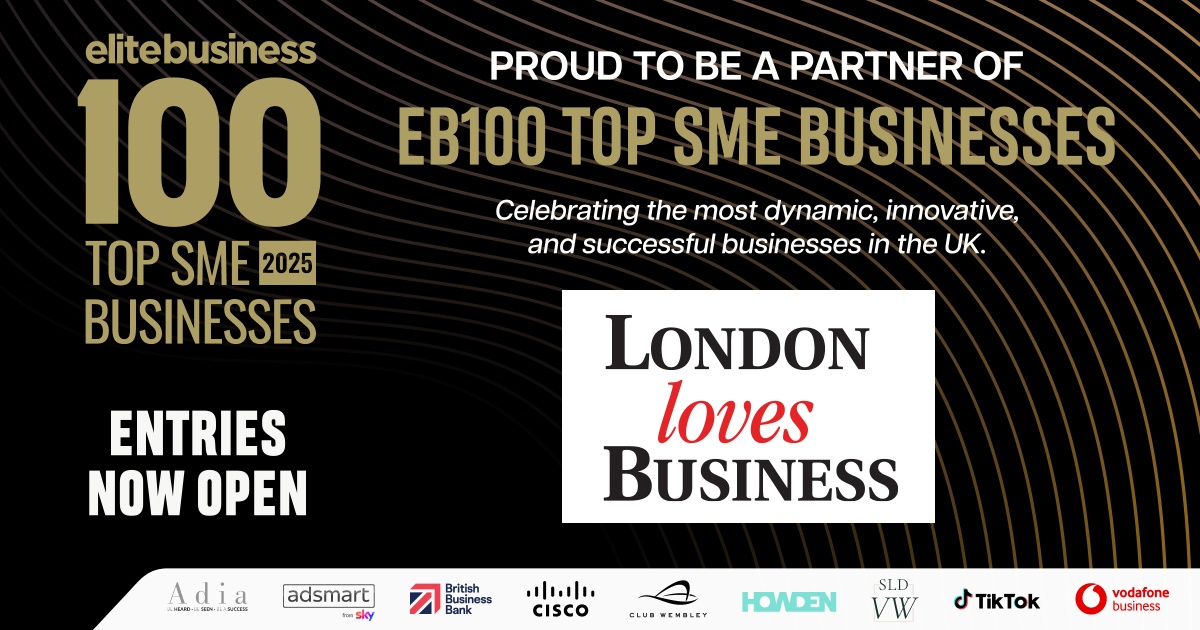Tech
Emirati venture capitalist Noor Sweid’s advice at London Tech Week

Of the 45,000 attendees at this years’ London Tech Week, a considerable proportion were the founders and chief executives of small companies and start-ups.
They flocked to panels that discussed initial public offerings and fundraising tips, eager to glean advice on how to take the next steps in their companies’ development.
Noor Sweid, the founder and managing partner at Dubai-based Global Ventures, said tech companies looking to float on a stock market need to be realistic and not fall into the trap of overhyping themselves.
“Investors would rather have predictability than over-delivery,” she said.
Small tech companies also need to adjust to a new normal if they want to list, Ms Sweid added.
When a private company goes public, yearly accounting must become quarterly accounting and a company’s board will meet much more often.
“Really, it is about managing quarterly results, which is very different to building a company.
“So, when transitioning from being an operator of a private entity into a public company, the mindset has to go from ‘I’m building my company and I have a vision and I want to do XY and Z’ to ‘I am managing my company, my stakeholders and investors’,” she said.
Going public means the founder of a company needs to “detach themselves”, Ms Sweid said, which is a very different outlook to being the person who founded a private company – basically, it is not longer the founder’s company, it is the shareholders’ company.
“I would say that anyone who feels that ‘no, I want to manage the valuations of my own company, and I want to mange the result and I want to do something in one quarter and if I change my mind in the next quarter that shouldn’t matter, because I know what’s best for the company’, that’s very different to running a public company.”
Raluca Ragab, the managing director at Eurazeo agreed and emphasised that stability was needed when companies are considering an IPO.
“The number one KPI [key performance indicator] is low volatility,” she said.
“Public market investors do not want results all over the place. And so, one needs to start thinking about going public only when they have built the stability and predictability into their business model to the point where the plus/minus on what they actually deliver on a quarterly basis is in a really narrow range.”
Space funding lifts off
Long before a start-up or small tech companies can even get to the stage of considering an IPO, they need to go through a series of fundraising rounds where they try to convince angel and seed investors to put money into their ideas.
Investing in space tech companies is growing fast, with the World Economic Forum noting that $70 billion was poured into the sector in 2021 and 2022.

James Bruegger from investment fund Seraphim Space told London Tech Week that investment in space tech companies was really taking off.
“We’re seeing a huge amount of increase in demand, particularly from governments, as well as commercial space applications, and we’re also seeing increasing numbers of investors of all different flavours from corporates to venture funds to private equity to sovereign wealth funds.”
John Sarafini, chief executive at the satellite maker, HawkEye360 postulated that as space tech becomes more viable and proven, the big money investors will enter into the funding process at earlier stages.
“Of increasing value are sovereign investors,” he said.

“Traditionally in years past, sovereigns, be it KSA [Saudi Arabia] or the UAE, looked for much larger opportunities to deploy hundreds of millions of dollars in late-stage tech deals.
“But that paradigm is changing, where they’re willing to go in much earlier with young tech companies, particularly those that are capital intensive, like space is.”
Mr Sarafini also said having a large company as a partner would help a start-up or small company attract more funding as it would lend them credibility.
“What I’ve found is that having a strategic partner is very important. Strategic being a corporate sponsor. They bring a validity to each funding round,” he said.
“Also helpful are specialist investment funds – folks who can come in and validate the technology, so that a financial investor feel that they are not the ‘dumb’ money in the room.”
Updated: June 13, 2024, 10:41 AM










